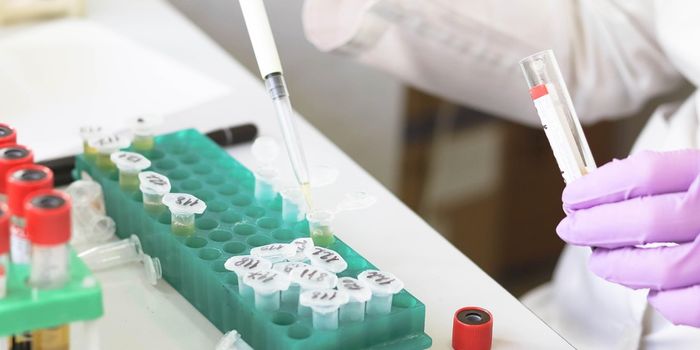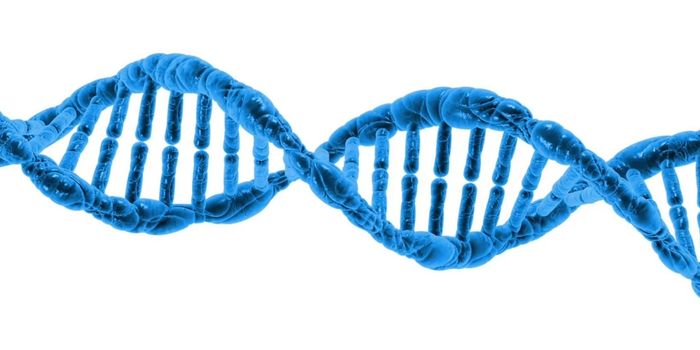The "Smart Toilet": Getting to the Bottom of Precision Health
Your toilet could soon play a huge part in keeping you and your family healthy, thanks to a new “smart toilet” technology being developed at Stanford. Before you flush, information from waste products gets scanned for biomarkers of cancer and other diseases, with the data being transmitted to a secure, cloud-based storage network.
The device itself can be fitted to any ordinary toilet and uses an array of integrated processes from motion sensors to video analysis software to scope for abnormalities or changes in the deposited biological samples. Multiple parameters from the flow rate, volume, and textural properties can provide a wealth of information, comparing them to datasets collected from healthy participants and flagging the first signs of inconsistencies.
This high-tech lavatory is capable of taking routine diagnostic monitoring to a molecular level, with its suite of dipstick tests that can pick up signs of infection, protein levels, bleeding and even cancer.
Its inventor, professor and chair of radiology Sanjiv “Sam” Gambhir, is optimistic about the device eventually becoming a commonplace feature of bathrooms, saying, “Everyone uses the bathroom — there’s really no avoiding it — and that enhances its value as a disease-detecting device.” At present, Gambhir’s high-tech toilet attachment can detect up to 10 specific biomarkers.
What about households where there are multiple bathroom users? The research team has accounted for this in its design, with a two-fold user identification feature. Firstly, a fingerprint scanner positively identifies an individual when they flush. Another state-of-the-art scanning capability makes sure there is no confusion about where the sample came from — a rear-end camera.
“We know it seems weird, but as it turns out, your anal print is unique. The scans — both finger and non-finger — are used purely as a recognition system to match users to their specific data,” says Gambhir. “No one, not you or your doctor, will see the scans.”
As development efforts into future iterations of the device continue, the researchers are focusing on expanding the panel of diagnostic markers that the device can track and validating the collected data in larger volunteer cohorts. Subsequent models of the smart toilet could even feature customizable, individualized tests, enabling the user to detect specific molecular parameters, such as blood proteins or glucose.
These and other precision health technologies continue to become mainstream, allowing for routine monitoring and earlier clinical interventions, and revolutionizing healthcare as we know it.
Source: Stanford Medicine News Center









